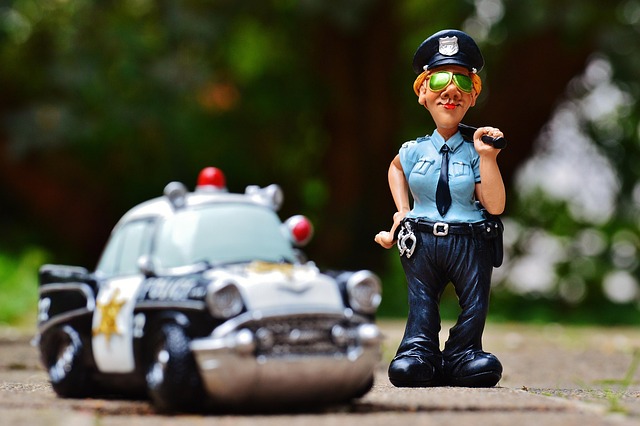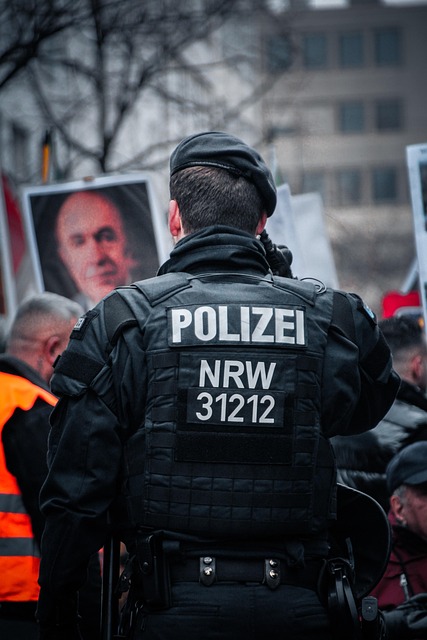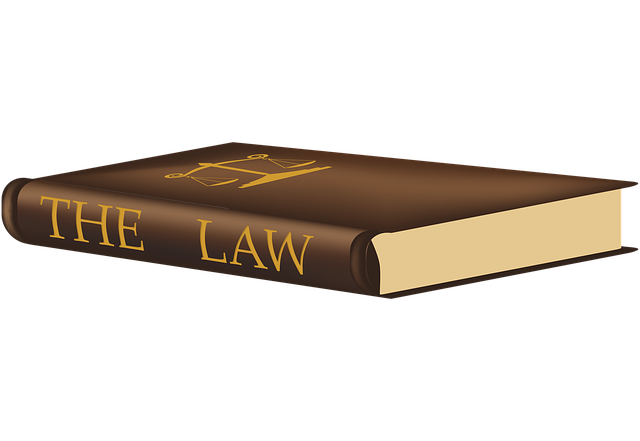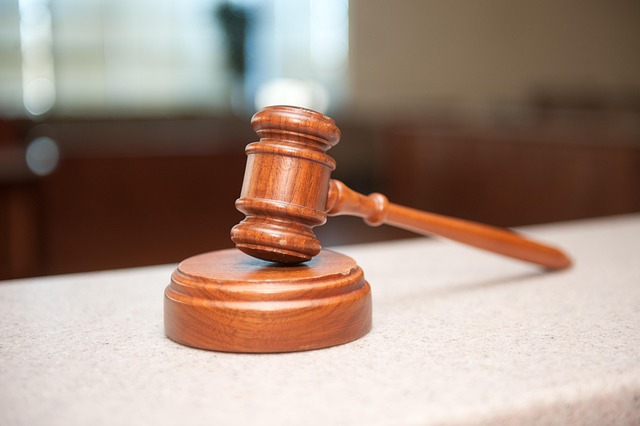In today's complex business environment, corporate crime investigations are crucial for upholding justice. With biases like confirmation bias influencing jurors' decisions, understanding these biases is key in white-collar defense cases. Legal professionals strategize defenses to achieve charge dismissals or exceptional results. Jury selection during voir dire mitigates demographic and unconscious stereotypes, ensuring impartiality. This proactive approach safeguards rights and maintains a fair justice system, especially in high-stakes corporate cases. Judges and lawyers employ strategies like meticulous juror questioning and specific judge instructions to ensure just outcomes and integrity in legal processes.
Corporate crime investigations are a critical aspect of maintaining integrity within businesses and markets. This article delves into the complex landscape of these inquiries, focusing on a key challenge: understanding jury biases in criminal cases. By examining how biases influence outcomes, we uncover strategies to mitigate their impact. From recognizing subtle prejudices to implementing fair trial practices, this exploration highlights essential steps towards ensuring justice and impartiality in corporate crime prosecutions, emphasizing the importance of addressing jury biases for effective legal proceedings.
- The Landscape of Corporate Crime Investigations
- Uncovering Jury Biases: A Critical Aspect of Criminal Trials
- Mitigating and Addressing Bias: Strategies for Fair Trials
The Landscape of Corporate Crime Investigations

In today’s complex business environment, corporate crime investigations have become a critical aspect of maintaining integrity and justice. With the rise of white-collar offenses, ranging from financial fraud to embezzlement, understanding the nuances of these investigations is essential. These inquiries often navigate intricate legal landscapes, where uncovering subtle evidence and navigating jury biases play pivotal roles in outcomes. By delving into the minds of jurors, legal professionals can strategize effective defenses, aiming for complete dismissals of all charges or achieving extraordinary results.
The challenge lies in recognizing that jury decisions aren’t always rational, influenced by various biases. From confirmation bias to the tendency to place undue weight on initial impressions, these factors can significantly impact perceptions of corporate defendants. By understanding and addressing these biases, lawyers can present compelling arguments, ensuring their clients receive fair trials. This strategic approach is vital for securing positive outcomes in white-collar defense cases, where the stakes are high, and the consequences of conviction can be severe.
Uncovering Jury Biases: A Critical Aspect of Criminal Trials

Uncovering Jury Biases plays a critical role in ensuring fairness during criminal trials. While jury trials are designed to provide a neutral forum for evidence evaluation, biases can inadvertently influence decisions. These biases may stem from demographic factors, prior experiences, or even unconscious stereotypes. Recognizing and addressing these biases is essential to maintain the integrity of the justice system.
Understanding Jury Biases in Criminal Cases requires a meticulous examination of potential influences that could skew perceptions. Lawyers involved in general criminal defense often leverage jury selection processes to mitigate bias risks. By challenging prospective jurors during voir dire, attorneys aim to assemble an impartial panel capable of objectively weighing evidence presented across the country. This proactive approach is vital for safeguarding the rights of both defendants and plaintiffs alike.
Mitigating and Addressing Bias: Strategies for Fair Trials

Understanding jury biases in criminal cases is crucial for ensuring fair trials, especially in high-stakes cases involving corporate and individual clients. Jurors, despite their best intentions, can inadvertently bring preexisting perceptions and prejudices into the courtroom. This presents a significant challenge when deciding the fate of those accused of corporate crime. To mitigate these biases, judges and lawyers employ various strategies.
One approach is to carefully select jurors through thorough questioning, aiming to identify and exclude those with potential biases or connections to the case. Additionally, attorneys can request specific instructions from the judge to guide the jury’s deliberations, ensuring they focus on the evidence presented rather than emotional or biased responses. These strategies are vital to maintaining impartiality during jury trials and delivering just outcomes for all parties involved.
Corporate crime investigations demand a multifaceted approach, especially when addressing potential jury biases. By understanding the complexities of these biases, legal professionals can ensure fair trials and deliver just outcomes. This article has explored critical aspects, from the landscape of corporate crime to strategies for mitigating bias. Recognizing the impact of unconscious prejudices is paramount in achieving impartial justice, ensuring that every criminal case is judged on its merits alone.






